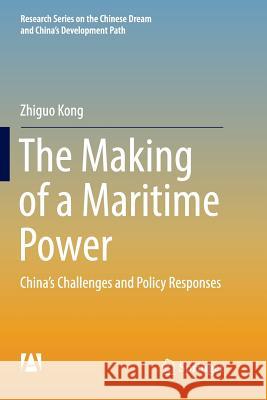The Making of a Maritime Power: China's Challenges and Policy Responses » książka
topmenu
The Making of a Maritime Power: China's Challenges and Policy Responses
ISBN-13: 9789811094477 / Angielski / Miękka / 2018 / 172 str.
Kategorie BISAC:
Wydawca:
Springer
Seria wydawnicza:
Język:
Angielski
ISBN-13:
9789811094477
Rok wydania:
2018
Wydanie:
Softcover Repri
Ilość stron:
172
Waga:
0.27 kg
Wymiary:
23.39 x 15.6 x 1.02
Oprawa:
Miękka
Wolumenów:
01











